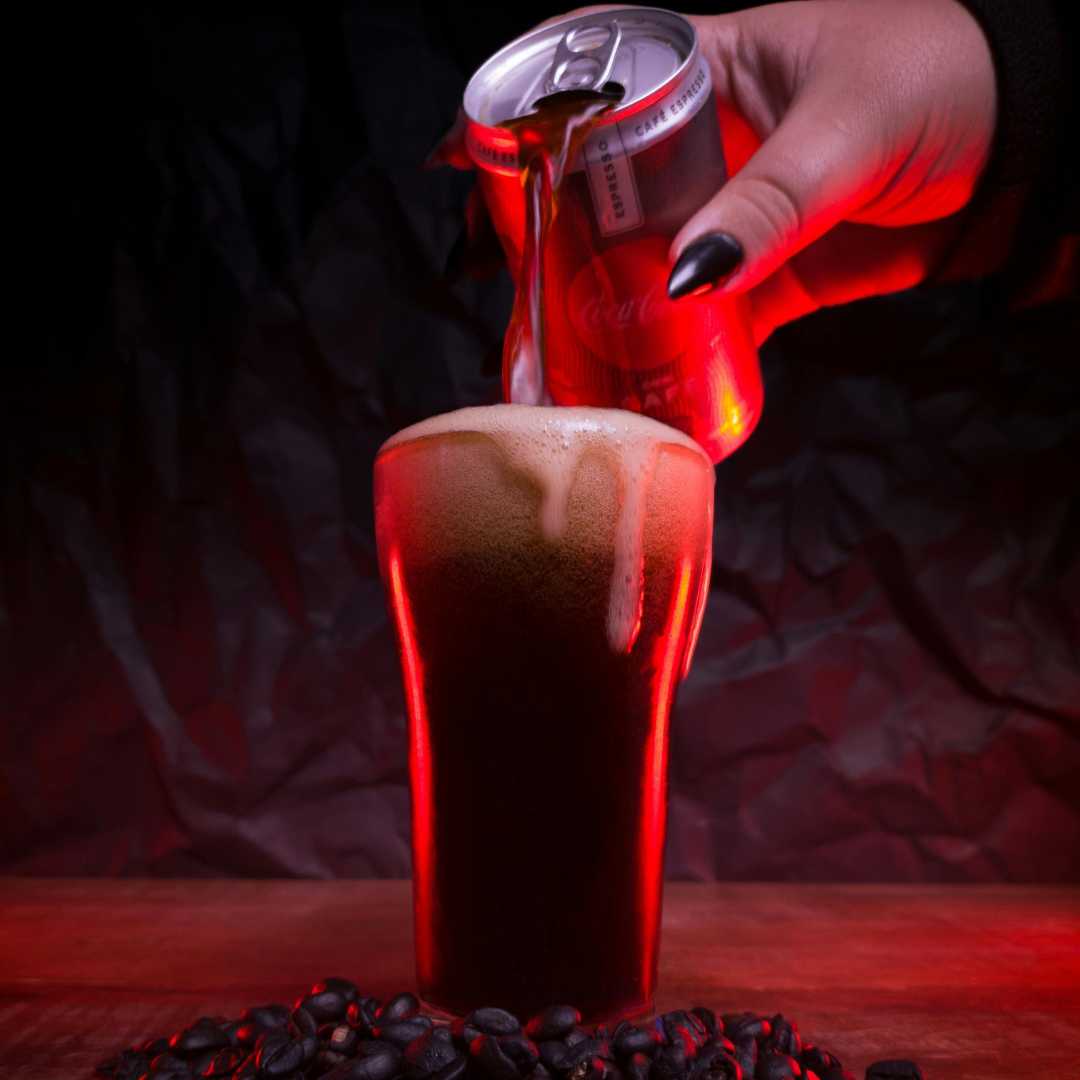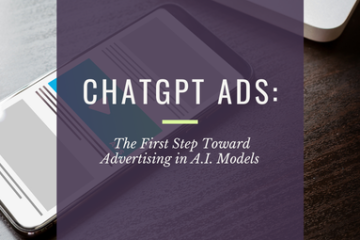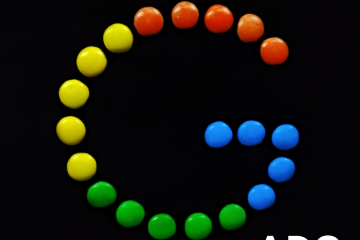
The past holiday season saw a controversial Coca Cola ad that used generative A.I. It was a nudging wink to the gen-A.I. revolution in advertising, as the commercial was a gen-A.I. version of an old commercial. Consumers aplenty were put off by the campaign, if headlines are any indication.
The Five Most-Key Takeaways from This Blog Post
- The new (bottlecap-) twist on an old classic inspired the ire of consumers, some of whom profess nostalgia for the original ad. (See this comment on the linked YouTube video: “This is absolutely destroying the nostalgia this add [sic] once had”.) The commercial’s provoked outcry is reminiscent of the way remakes of Hollywood entertainments brings out fans to decry the use of C.G.I. (soon, gen A.I.) in the new version.
- Coca Cola stood by this practice, probably on the gambit that most companies will widely adopt gen-A.I. advertising as the technology develops. We are headed to a point where it will be so widespread that it would be like complaining about a Hollywood movie featuring C.G.I. instead of good old practical effects.
- Could Coca Cola have known that the ad would have been quite provocative? Given that there is plenty of (loudly) voiced pushback-feedback across social-media platforms, perhaps. For corporations, these social-media platforms are more than a mere media environment with apportioned ad-space real estate, but a useful pulse-reader for consumers around the world. But as the entrepreneurial genius P.T. Barnum once mused, there is no such thing as bad publicity. Or is there?
- For business owners willing to be early adopters of this technology, be prepared to brave some pushback. Some of the common words to find in the comments section of the Coca Cola Holiday Szn 2k24 gen-A.I. ad are “soulless” and “cheap”. Consumer sentiment, among a significant amount of users, seems to be that the noble art of advertising is cheapened and threatened by A.I. outsourcing and ought to be the loving product of human artists and crafters.
- The ultimate upshot for business owners is that gen A.I. is being used in more-subtle ways across the board in advertising. This includes generating backgrounds for product-featuring images. The question of whether consumer sentiment will ever shift to widespread acceptance of fully gen-A.I. ads is up in the air. However, smaller and subtler uses will likely be accepted, if even noticed at all.
To Sell the World a Coke
Coca Cola’s most-famous advertisement (maybe the most-famous advertisement for any brand), penned by none other than advertising Don Draper (Mad Men was based on a true story, right?) created the positive flower-powered sentiment around buying the world a Coke.
Very good, but it is Coca Cola’s job to sell the world a Coke. Did it do a good job with this ad, despite the controversy?
The lingering question here is whether Coca Cola’s brand really took any significant long-run hit.
Because that question has implications for every business that is looking to use gen A.I. in advertisements to a significant degree. (Basically, fully automated ads.)
The Lessons for Business Owners
Using gen A.I. in advertising at this juncture is risky because although the technology is indeed dazzlingly good at producing videos, it is still not able to pass the uncanny-valley test. (Think of that as like the Turing Test but for gen-A.I. visual media.)
Given that some of the output indeed has noticeably made-with-A.I. features, business owners should consider the risk of consumer alienation to be directly proportional to the amount of the ad that one generates A.I. with.
A fully automated ad, then, runs a higher risk of consumer alienation.
But the lower costs and speedy efficiency of creating outputs may be attractive enough for plenty of businesses to take high risks here.
And once enough businesses take those risks, consumers will get used to seeing a lot of gen-A.I. content in ads.
Other Great GO AI Blog Posts
GO AI the blog offers a combination of information about, analysis of, and editorializing on A.I. technologies of interest to business owners, with especial focus on the impact this tech will have on commerce as a whole.
On a usual week, there are multiple GO AI blog posts going out. Here are some notable recent articles:
For Businesses and Other Organizations, What Makes a Successful Chatbot?
IBM Watson vs. ChatGPT vs. Gemini: How Will Each Affect Search Engines?
Using A.I. to Find Resources for Business Owners
How Would Restricting Open-Source A.I. Affect Business Owners?
The EU’s A.I. Act Has Become Law: The Implications for Business Owners (Especially American)
In addition to our GO AI blog, we also have a blog that offers important updates in the world of search engine optimization (SEO), with blog posts like “Google Ends Its Plan to End Third-Party Cookies”.





